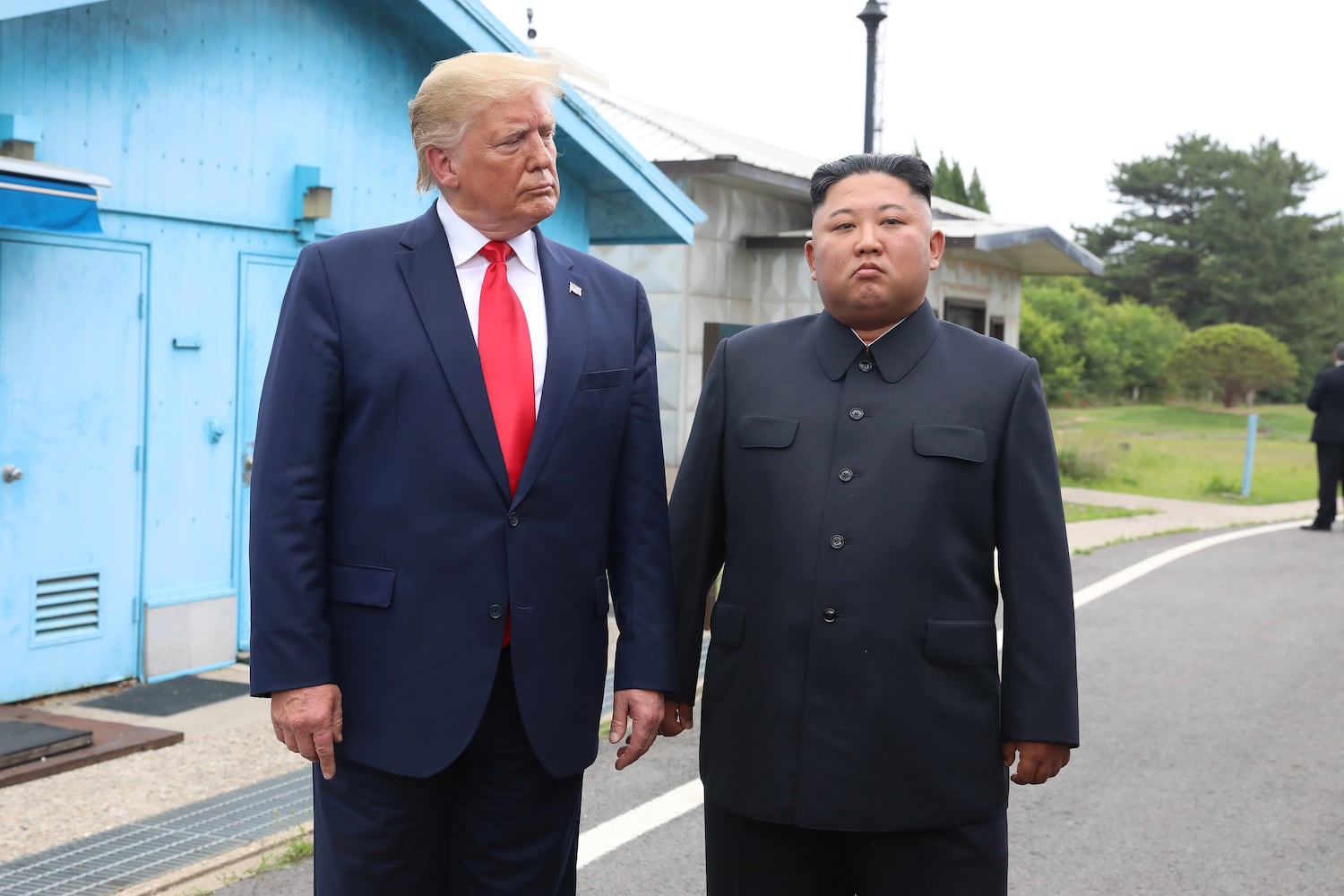Closed borders with India cause food, fuel shortages in western Myanmar
Fighting in the Southeast Asian nation and Indian checks for illegal goods are to blame, sources say.

Residents in western Myanmar who rely on trade with India said they are experiencing food shortages due to the closure of some border crossings with India amid Myanmar’s civil war.
People in Chin state, western Sagaing region and northern Rakhine state said their supplies of rice, cooking oil, salt, fuel and medicine are dwindling because of the trade disruption following the border gate closures.
Indian authorities cited the need to check the flow of illegal goods from Myanmar as the reason, according to local sources.
But Reeta Meena, an Indian Embassy diplomat in Yangon, told Radio Free Asia that the Indian government permits movement through designated border crossing points, including ones at Tamu-Moreh, Rikhawdar-Zokhawthar and Zorinpui-Paletwa.
Any restrictions might have been imposed by Myanmar or local authorities, she told Radio Free Asia.
Thousands of civilians from Chin state and Sagaing region have fled across the Indian border and into neighboring Mizoram and Manipur states to escape fighting between junta troops and rebel forces following the Myanmar military’s February 2021 coup d’état.
But those who have stayed behind have struggled to get goods from India amid periodic border closures due to fighting in their areas, while communication blackouts have cut them off from key cities in Myanmar.
In April, 2023, India locked the gates to key border crossings with Myanmar’s Chin state after three Indian citizens were killed that February during an intensified junta offensive against rebel forces in the western states.
RELATED STORIES
Food shortages reported in rebel-controlled areas of Myanmar’s Chin state
Jailed Myanmar activists in India in danger of deportation: rights groups
Indian authorities in Manipur state force Myanmar refugees out of border villagers
India plans to extend fence along Myanmar border
Myanmar permits legal international trade with India via the two crossings at Tamu-Moreh in Sagaing region and Rikhawdar-Zokhawthar in Chin state.
The Moreh-Tamu border gate has remained closed on the Indian side since the start of the COVID-19 pandemic in 2020.
'Severe difficulties'
But the recent closures of other crossings have led to shortages of basic food items, said a Tamu resident.
“Indian products, such as food and basic consumer goods, are no longer available to local residents living along the border, creating severe difficulties for them,” the resident said. “Job opportunities are scarce, making it increasingly challenging for them to afford basic necessities.”
Indian authorities announced that the Myanmar-India border gate, which connects Rikhawdar in Chin state with India’s Mizoram state, would be closed from July 25 to Aug. 7, though Myanmar residents say it is unlikely to reopen until Aug. 12.
As a result of this closure, prices of goods in Rikhawdar have surged, with people paying twice as much for goods as they did before, Myanmar locals said.
Since November 2023, Rikhawdar has been under the control of Chin defense forces who oppose Myanmar’s ruling military junta and have jointly established a public administration focused on the India-Myanmar border trade, public security and regional stability.
A spokesman for the Regional Defense Force-Hualngoram, the other organization involved in setting up the town’s administration, expressed hope that the Mizoram state government would take measures to help locals obtain essential supplies from India.
“The closure of the bridge, which we rely on for the flow of goods, has made things more difficult,” he said. “We are currently facing a crisis.”
Because Mizoram residents rely on produce from Myanmar, a prolonged border crossing closure would negatively impact both sides, said Salai Van Sui Sang, deputy director of the Institute of Chin Affairs.
It also could lead to tensions between residents of Mizoram and their state government, he added.
Arakan Army
Some internal trade routes, which run directly between towns in India and western Myanmar, have been cut off because of fighting between junta soldiers and resistance forces in Chin state’s Paletwa and in Rakhine state — areas controlled by the rebel Arakan Army. As a result, Myanmar residents must rely on products from Lawngtlai in Mizoram state.
But since June 24, the Central Young Lai Association, an influential NGO in Lawngtlai, has banned the export of goods. Though it allowed some items, including basic foodstuffs, to be transported again in July, restrictions on fuel and fertilizer remain in place.
On Aug. 7, the organization warned it would take action against the transport of prohibited fuel and fertilizer from Lawngtlai, but did not provide specifics.
Goods transported from Lawngtlai have been banned because the Arakan Army said they were being used to supply junta forces attacking Chin armed groups.
Translated by Kalyar Lwin for RFA Burmese. Edited by Roseanne Gerin and Malcolm Foster.
This article has been sourced from various publicly available news platforms around the world. All intellectual property rights remain with the original publishers and authors. Unshared News does not claim ownership of the content and provides it solely for informational and educational purposes voluntarily. If you are the rightful owner and believe this content has been used improperly, please contact us for prompt removal or correction.












